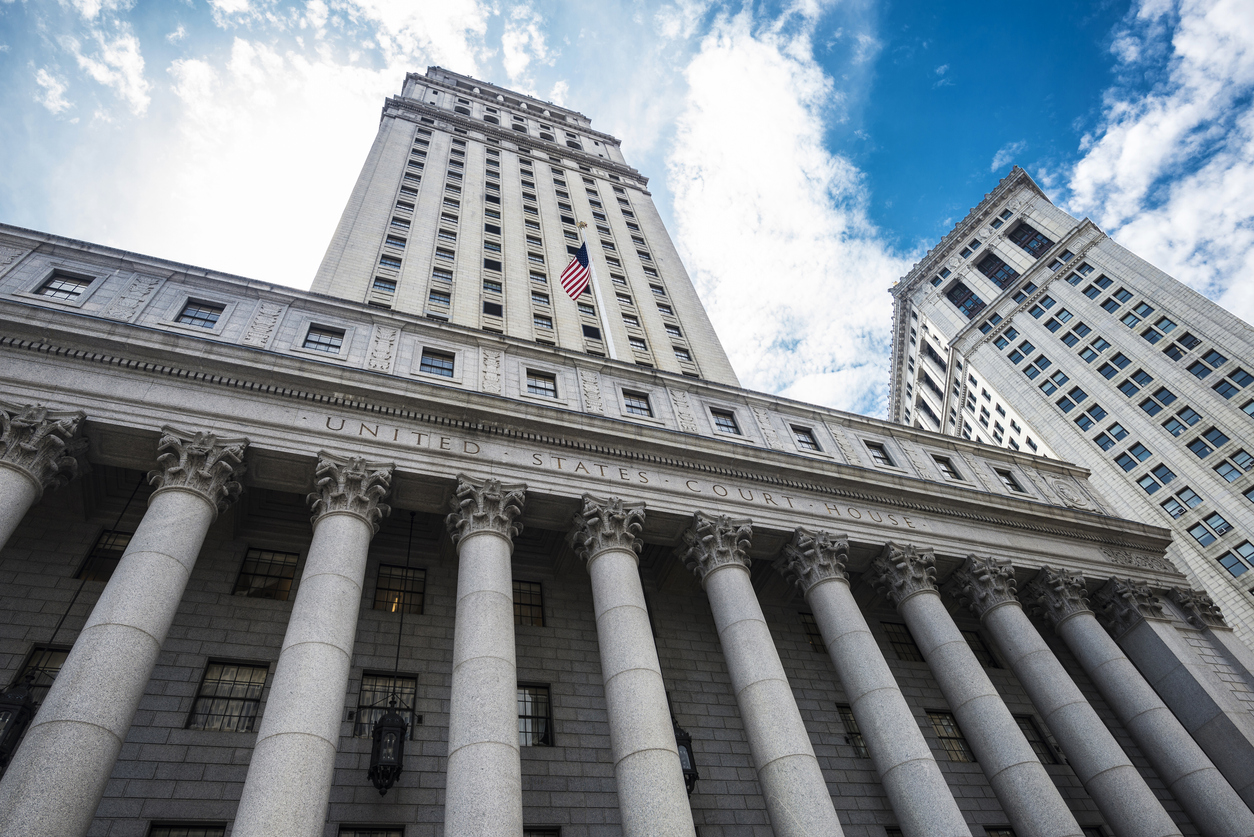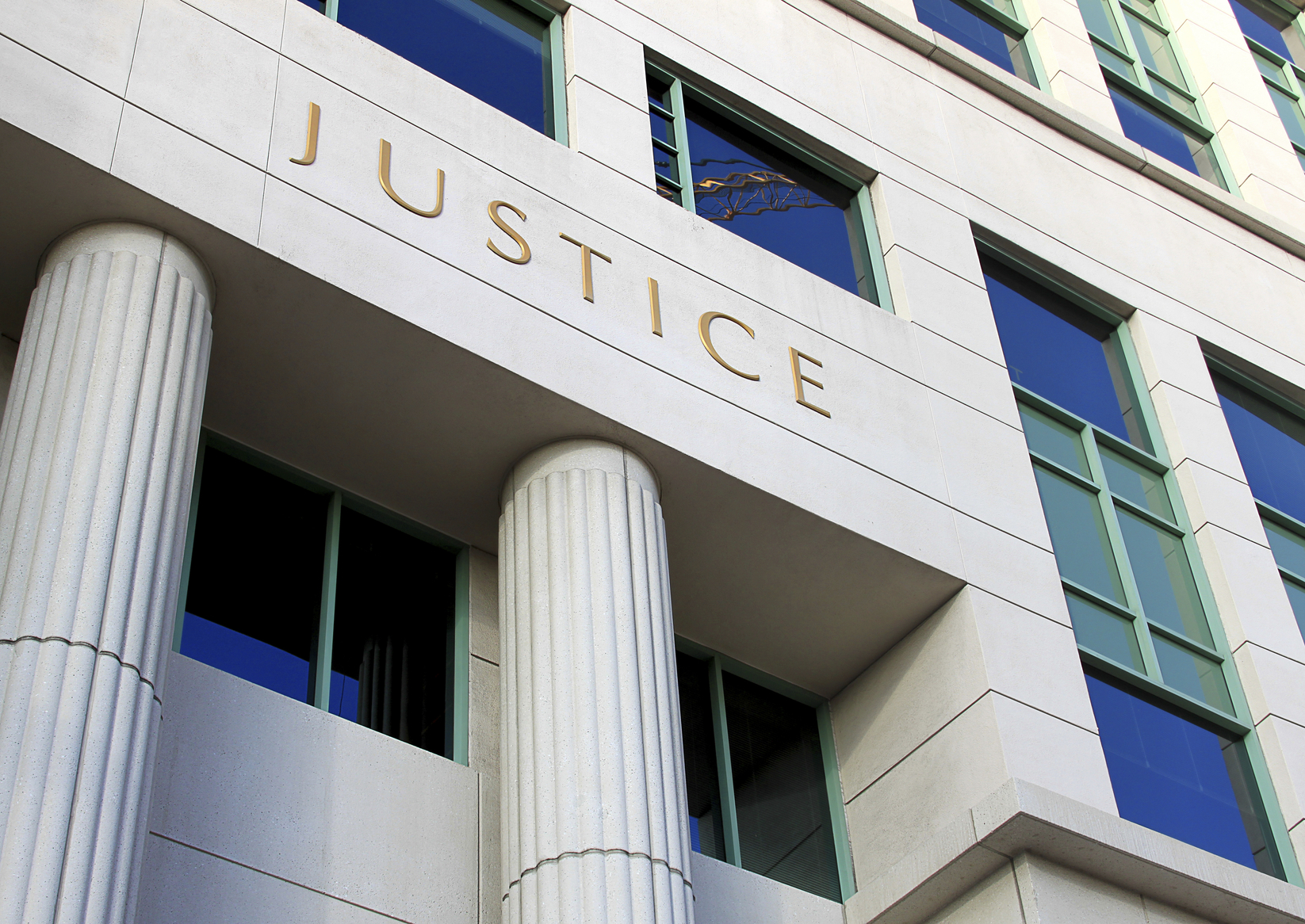People are suffering across the United States because of the COVID-19 pandemic. Attorneys and law firms continue to provide essential legal services people need. Lawyers in New York City want to do more.
Like most states, New York attorneys are prohibited from providing financial assistance to clients. As inhumane as it sounds, doing so can violate New York Bar ethics rules. Leaders are working to change that.
An amendment to the New York ethics rules would let lawyers help their clients with basic living necessities, such as food and medication. The change is necessary so that attorneys who help clients do not violate ethics rules.
New York City Bar Supports the Humanitarian Exception
The New York City Bar Association sent a letter to the Chief Judge of New York State and the Presiding Justices of the New York Supreme Court Appellate Divisions. The letter calls for the immediate adoption of the proposed amendment to the New York Rules of Professional Conduct Rule 1.8(e).
The letter reminds the justices that the coronavirus has severely affected many New Yorkers. Businesses have closed, individuals have lost their jobs, and thousands of people have been ill because of the pandemic. Many people are going without basic living essentials because of the financial hardships caused by the pandemic.
Lawyers have come forward to offer their services for free to individuals who need legal services but cannot afford an attorney. Those same lawyers want to help their clients with their basic needs, but the current ethics rules prevent them from providing this vital humanitarian relief.
Ethics Rules Prohibit Financial Assistance for Clients
The current New York State Rules of Professional Conduct prevents attorneys from giving financial aid to their clients.
Rule 1.8(e) states that a lawyer who is representing a client in pending litigation or in connection with contemplated litigation cannot guarantee or advance financial aid to a client. The attorney may advance court costs or the expenses of litigation. The advancement of costs and expenses may even be contingent upon the outcome of the case.
According to Mirman, Markovits & Landau, a personal injury law firm in New York City, “the rule allows an attorney to pay the court costs and expenses of litigation if the client is a pro bono client. Lawyers may even pay court costs and expenses in cases in which their fees are payable as a percentage of the recovery in the case.”
The rule does not permit an attorney to buy groceries for a client. It does not allow an attorney to help a client obtain medical care or medication that the client needs. The rule does not let an attorney buy shoes of a client’s child who desperately needs another pair of shoes.
Proposed Amendment Adds an Exception for Humanitarian Relief
The NYC Bar Association stated in a March 2018 report that New York’s bar should take the lead in improving access to justice. Additionally, it should be easier for lawyers to act on their charitable desires and dedication to public service.
With the devastation caused by COVID-19 in New York, that statement takes on new meaning and purpose. The report also pointed out that other states have adopted a humanitarian exemption.
The proposed change in the rules of professional conduct creates a humanitarian exception to Rule 1.8(e). The change would allow a lawyer providing services to a client for free to offer financial aid to indigent clients. The rule would also apply to not-for-profit legal services, law school clinical programs, and pro bono programs at law schools.
Under the amendment, the lawyer or organization cannot promise financial aid as a way to retain clients. Lawyers cannot use the promise of financial aid as a way to encourage a person to remain the attorney’s client. Also, lawyers who offer financial aid cannot advertise or make known that the attorney is willing to provide financial aid to indigent clients.
The amendment to create the humanitarian exception has the backing of the New York State Bar Association.
Removing the Barrier Preventing Lawyers From Serving Their Clients
The NYC Bar Association asked the Courts to adopt the amendment now to allow lawyers to serve their clients in meaningful ways. If the Courts are unwilling to approve the amendment, the Bar asked the Courts to consider a temporary solution.
The Bar suggested that the Courts approve the humanitarian exemption until the COVID-19 state of emergency ends. A temporary order allows lawyers to provide much-needed aid to clients affected by the coronavirus pandemic.
Attorneys see how their clients are struggling. They are aware people are hungry and in need. They need the Courts to give them permission to help.
Read More




